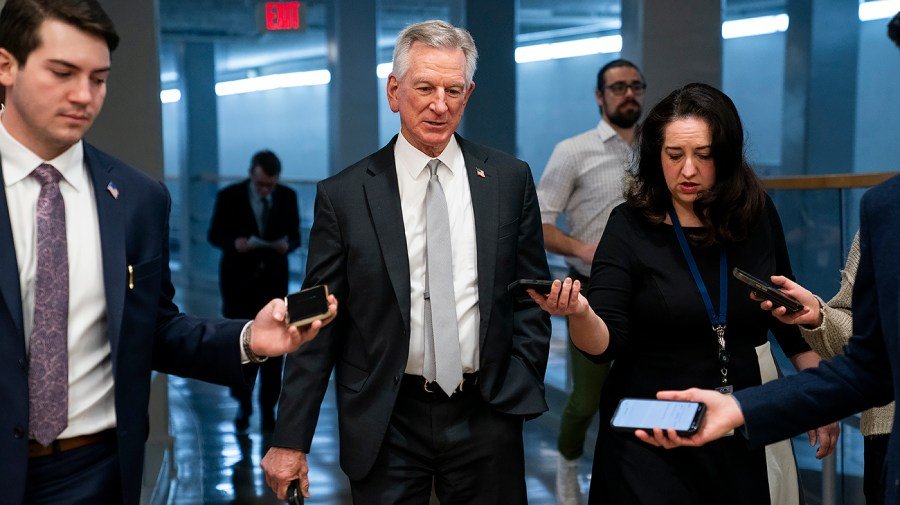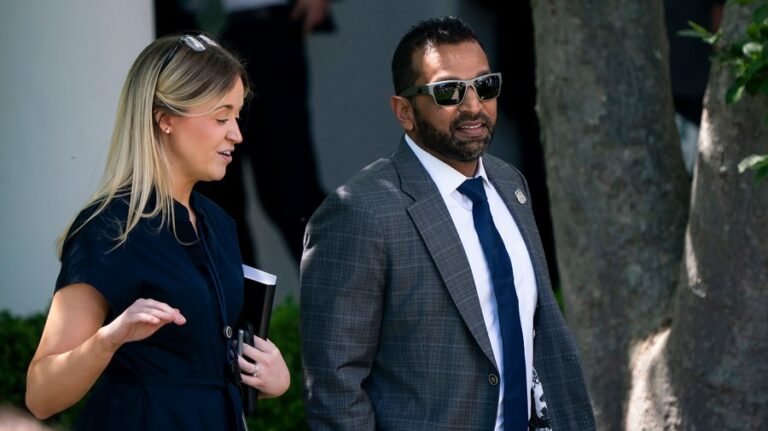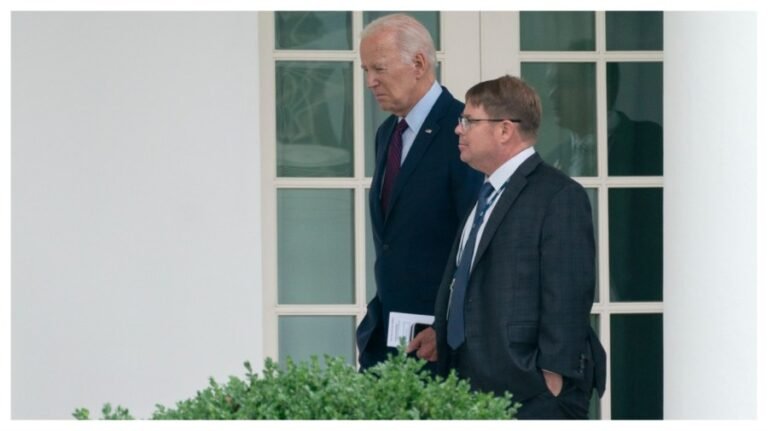
Sen. Tommy Tuberville (R-Ala.), a member of the Senate Agriculture Committee, said Thursday he expects the panel will release its slice of President Trump’s “big, beautiful bill” next Tuesday.
The panel has jurisdiction over the Supplemental Nutrition Assistance Program (SNAP), and some Republicans have been concerned about a proposal that would see states’ share of SNAP benefits, which are currently fully covered by the federal government, increase.
“This is going to be a big topic of conversation on Tuesday,” Tuberville, who is running for governor, told The Hill.
The House version of Trump’s bill calls for the federal share of the cost of SNAP to go from 100 percent in the next two fiscal years to 95 percent starting fiscal 2028.
It also includes language that would increase states’ shares of the costs in fiscal year 2028 depending on their payment error rates. If the error rate is 6 percent or higher, states would be subject to a sliding scale that could see their share of allotments rise to a range of between 15 percent and 25 percent.
Asked about the proposal on Wednesday, Tuberville told The Hill, “We’ll have to look at when we get finished with it, I think that’ll probably change some.”
“So, we’ll hold off on that until we get the final saying on our side,” he said, adding states like Alabama would “have a tough time, you know, picking up the bill on that.”
Asked if states should cover some of the cost, Tuberville said “it shouldn’t all be federal, but more money is going to go back to state, so we should be able to afford it.”
But he added that the 25 percent maximum for the cost-sharing proposal is “pretty high” and that he doesn’t “know whether it’s going to stay there.”
Sen. Jim Justice (R-W.Va.), a former governor, also told The Hill on Tuesday that he would “reserve” his opinion of the proposal, citing a need to see where “the final tweaks” would be.
“There’s folks that really believe we should cut more and more and more, and at the end of the day, I believe exactly what our president has already said in regard to waste and abuse and fraud and all that kind of stuff,” he told The Hill.
“But I do not believe that we need to do things that are genuinely hurting people,” Justice added.
Sen. John Hoeven (R-N.D.), a member of the Agriculture Committee, also said Thursday that the committee was looking at “possibly next week” for the panel’s text to be locked down. But he noted there’s not a “definitive date” as senators are still working with their in-house referee to determine what proposals are permitted under the Senate’s restrictive budget rules.
He also said senators are looking at what the “House did vis a vis the state cost share” proposal. “We’ve got some ideas on incentives that would save money, but might be a little different.”
“I’m not ready to go in to say, all I can tell you at this point is we’re looking at what the state did on cost share, and we’re looking at some different ways to do it,” he said. “And we haven’t made a decision yet.”
Asked about the ideas being looked at, Hoeven said senators are looking at “different ways to do accountability and savings and making sure that people who are getting food stamps and shouldn’t be because they’re illegal immigrants, or they are able to work, or all these things, that that is addressed.”
“If that’s done well enough, we could get a pretty good number,” he said.
There is also some uncertainty around the fate of some of the House-crafted proposals aimed at getting a head start on work toward a new farm bill. Congress agreed to another extension of the 2018 farm bill as part of a larger government funding compromise last year after bipartisan talks on a new farm deal fell apart.
Asked if the House’s farm provisions will survive, Hoeven, who also heads the subcommittee that hashes out annual funding for the Department of Agriculture and rural development, said Thursday that the “House put a lot of the farm bill in there, versus just what we’ve said, safety net and SNAP, and so some of that may not.”






